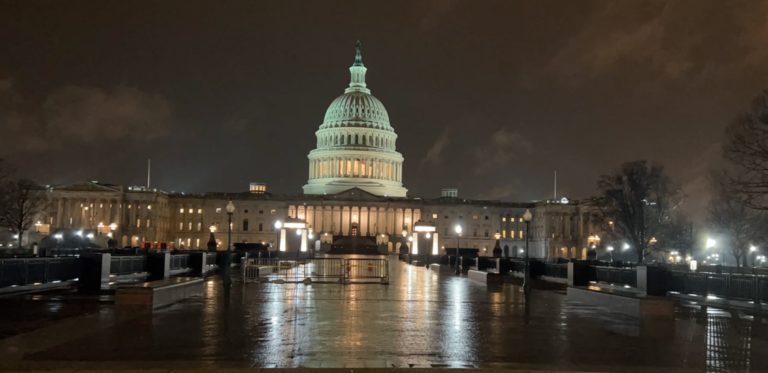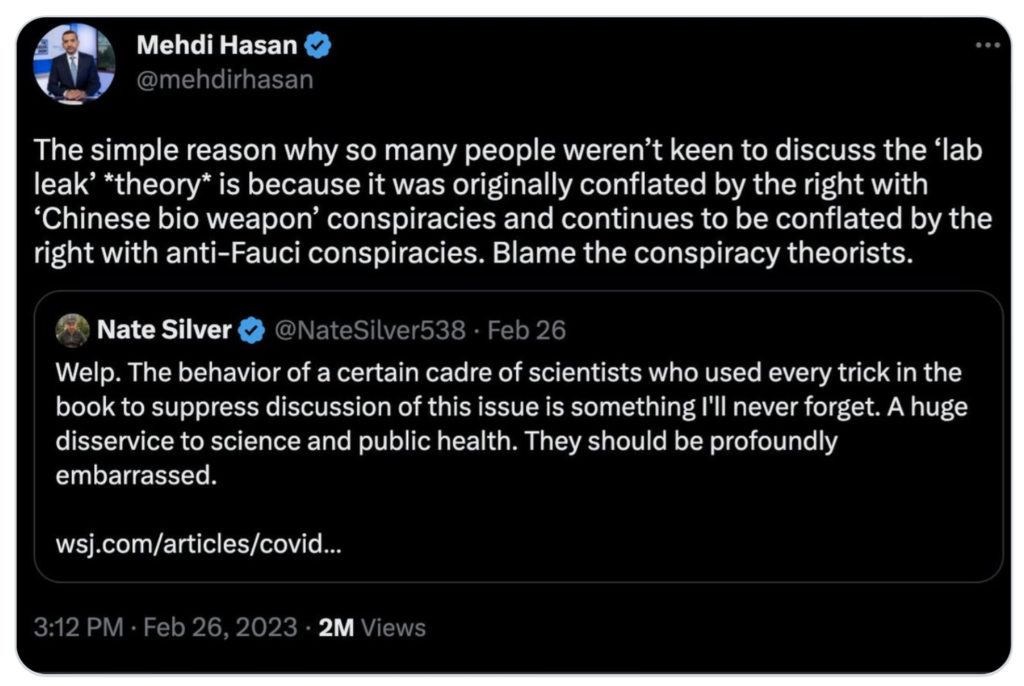By CASEY HARPER | THE CENTER SQUARE
The cost of interest payments on the national debt will continue to grow as a financial burden for the U.S. over the next decade, even surpassing what the nation spends on national defense within a few years, a newly released budget analysis shows.
The national debt hit $31 trillion last fall and is well on its way to $32 trillion this year. As that debt grows, the U.S. Congressional Budget Office projects that the federal government will shell out over $10 trillion in the next decade on interest payments alone.
“To put this $10.5 trillion total in perspective, this means that spending on net interest will exceed all defense spending over the next decade,” the Committee for a Responsible Federal Budget said in its analysis of CBO’s data. “In addition, we estimate the net interest spending will surpass all federal spending on children this year, meaning that we will be paying more to service our debts of the past than to invest in future generations.
“For every dollar that the U.S. government will borrow over the next decade, 50 cents will be just to pay interest on our national debt,” the group added.
CBO also projects that the debt as a percentage of GDP will hit record levels in that time and average $2 trillion deficits.
The latest debt projections are based on current spending obligations. That means new spending from Congress without offsetting tax increases or spending cuts will accelerate that growth of the debt beyond those projections.
“After jumping from $352 billion in Fiscal Year (FY) 2021 to $475 billion in 2022, annual net interest outlays will triple, reaching $1.4 trillion by 2033,” the CRFB said. “As a share of the economy, net interest will rise from 1.9 percent of Gross Domestic Product (GDP) in FY 2022 to exceed its record as a share of GDP – 3.2 percent set in 1991 – by 2030 before reaching a high of 3.6 percent of GDP by 2033.”
CRFB said the cost of interest on the national debt will soon surpass entitlement spending if nothing changes.
“Unfortunately, the decades to follow 2033 are projected to be in even worse fiscal shape. With deficits continuing to grow unsustainably over time, interest on debt will eventually become the largest part of the federal budget,” the group said. “Net interest will surpass defense spending by 2028, Medicare spending by 2044, and Social Security spending by 2050, becoming the largest single line item in the budget. By 2053, net interest will consume approximately 7.2 percent of GDP – nearly 40 percent of federal revenues.”










